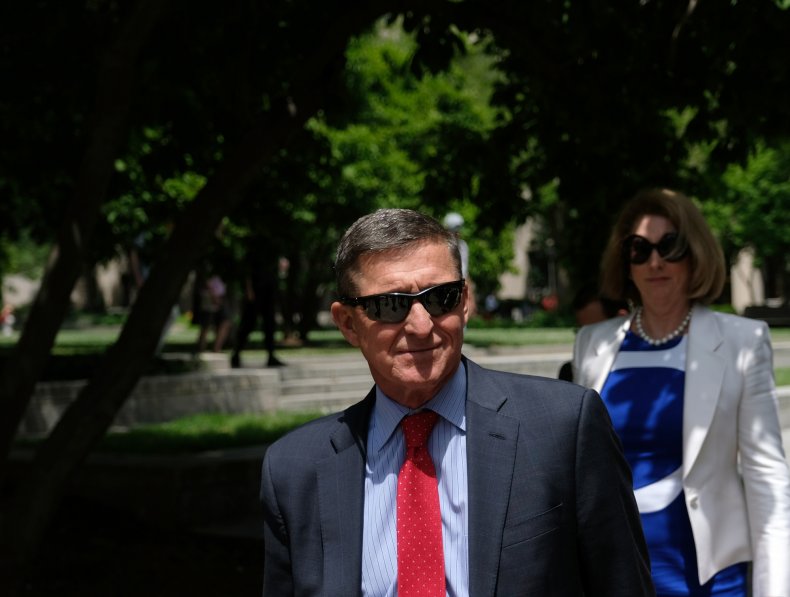It may just be that Donald Trump’s biggest sin—as it was with Newt Gingrich and Ronald Reagan and others who preceded him on the national stage—is that he has blocked what the intellectual heirs of Marx who populate the Democratic Party believe is the United States’ inevitable slide into a permanent socialist welfare state.
Some will argue this is nonsense. They may be right about that—but the debate about these luminaries on the political right so often devolves into character assassination and the politics of personal destruction that it is hard to be sure. The leaders of America’s elite culture, who have the power to shape people’s thinking and economic behavior as well as influence how they vote, are a leftward lot who cannot be happy they are saddled with Sleepy Joe Biden as a presumptive presidential nominee.
Since coming into office, Trump has complained that he has been the victim of a coordinated campaign to discredit him. The allegation that his campaign colluded with Russian intelligence operatives to tilt the election in his favor—which so many senior congressional Democrats and former Obama administration senior officials assured everyone was both serious and substantive—turns out not to have been true at all.
This is troublesome. Some of the same people who were on television as often as possible reiterating there was truth in the charge were telling congressional investigators that they had no evidence to back up their claims. And that’s only the tip of the iceberg.
We’ll probably never know everything that went on but, from what we do know, there’s more true than not true about the suggestion, for example, the FBI under James Comey—perhaps at his own direction—sought to intervene in the 2016 election to Trump’s detriment. Using a phony “dossier” as cover that they apparently knew to be full of falsehoods (and paid for, in part, by the Hillary Clinton presidential campaign), they wiretapped Trump campaign headquarters looking for dirt. And they set up retired Lt. Gen. Michael Flynn, who, for a brief time, served as national security advisor, on the charge of having lied to them.
There are those—and count me among them—who find the idea that lying to the FBI is a crime questionable, especially since the United States Supreme Court has affirmed the FBI and other police agencies can lie to you without penalty or sanction in the course of an investigation. That, it seems reasonable to assert, tips the scales of justice unfairly towards the interests of the state. But that’s an issue of another day.

The fact the Flynn investigation is so badly tainted by misconduct, not just by the investigators but also by the prosecutors, taints all the subsequent investigations and prosecutions touching on the Russia collusion investigations. Perhaps they deserve reconsideration, especially the case against longtime Trump political associate Roger Stone—which moved forward, he claims, only after he refused an entreaty to make everything go away if only he would go along with the government’s assertions regarding phone conservations with the president that matched the narrative the FBI was trying so hard to establish.
This whole saga is a black stain on the American system of jurisprudence. The Stone case, from the obvious bias of the judge and jury foreman to how a key witness, it was recently learned, contradicted himself between his testimony before the House Intelligence Committee and what he said in federal court, ratifies rather than reassures the American public that something is rotten in Washington.
It’s not too much of a stretch to suggest, were there not profound political considerations connected to the action, that President Trump should pardon everyone who was convicted or pled guilty to process crimes arising out of the collusion investigation.
Which brings us to the unfortunate tale of Judge Emmett Sullivan. By inviting the submission of amicus briefs and appointing a retired federal judge to argue against the dropping of the case against Flynn—as the Justice Department now wants to do—Judge Sullivan is only prolonging the inevitable. Even if Flynn’s plea of guilty to the charge he lied to the FBI is somehow sustained in Sullivan’s courtroom, it will almost certainly be reversed on appeal.
A pardon would short-circuit that but would make it hard for Flynn and others to claim they were both set up and exonerated. Justice requires they be able to do both.